Publications
Articles, publications, books, tools and multimedia features from the U.S. Institute of Peace provide the latest news, analysis, research findings, practitioner guides and reports, all related to the conflict zones and issues that are at the center of the Institute’s work to prevent and reduce violent conflict.
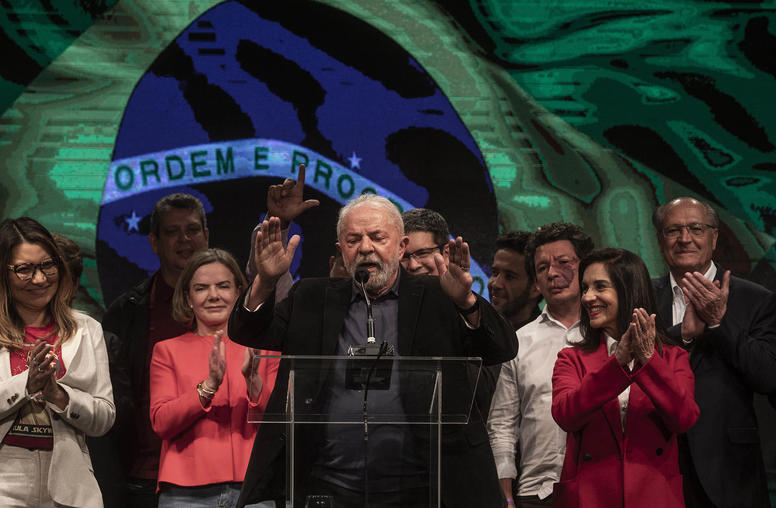
Lula busca reactivar la cooperación regional – pero tiene detractores
Como líder de Brasil, el país más grande de Sudamérica – tanto en términos de tamaño, población y PIB – el presidente Luiz Inácio Lula da Silva tiene una enorme influencia, así como una ambición de igual escala. Tras seis meses de su tercer mandato (luego de 12 años de ausencia), el gregario líder brasileño – conocido a nivel mundial simplemente como "Lula" – ha saltado de nuevo con ansias al escenario mundial, mostrándose como el líder del Sur Global.
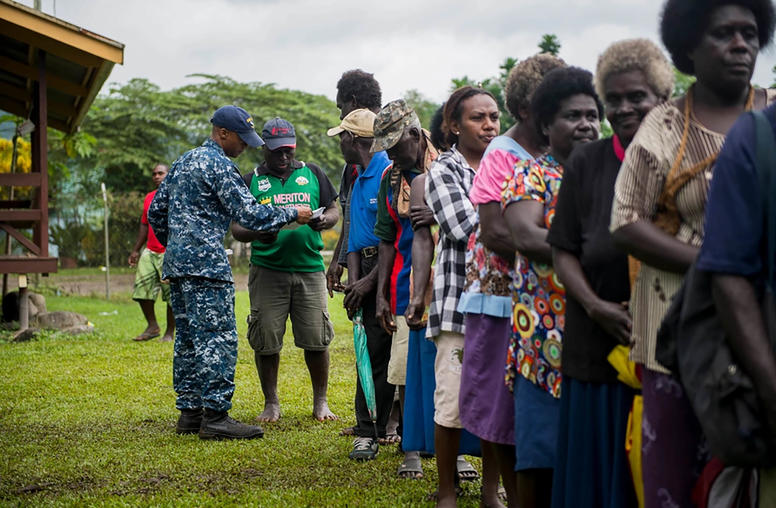
What Can Bougainville’s Independence Movement Learn from Timor-Leste?
Timor-Leste and Bougainville are two small, tropical island communities — one in Southeast Asia, the other in the South Pacific. While their culture and histories are distinct, they share a common political bond. They both voted overwhelmingly for independence in internationally sanctioned referendums, with Timor-Leste’s vote coming in 1999 and Bougainville’s in 2019. But only Timor-Leste, which is also referred to as East Timor, is now its own nation. What parallels does the path to self-determination in Timor-Leste hold for Bougainville as it looks to achieve the same goal?
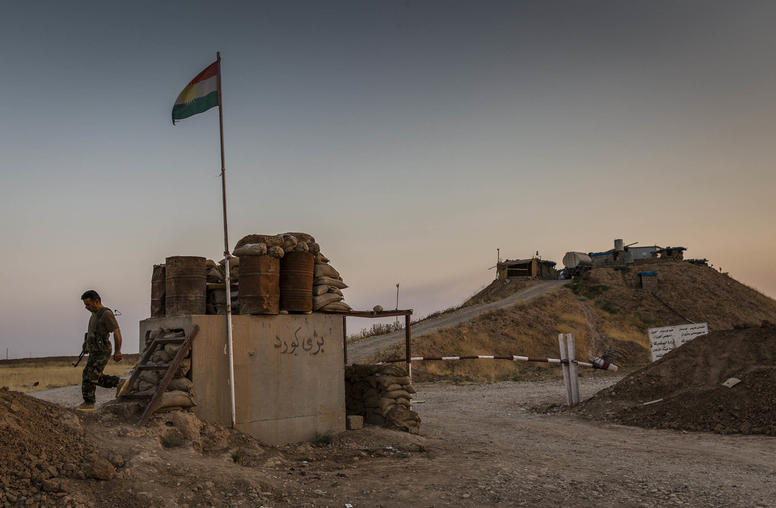
Kurdish Official Lists ISIS and Climate Change as Top Threats
More than five years since the Iraqi government declared victory over ISIS, a senior Kurdish official says the terrorist group is among the top threats facing the region. Alongside ISIS, Rebar Ahmed, minister of interior in the Kurdistan Regional Government (KRG), listed climate change and the resource scarcities and migration it would trigger as a critical challenge.
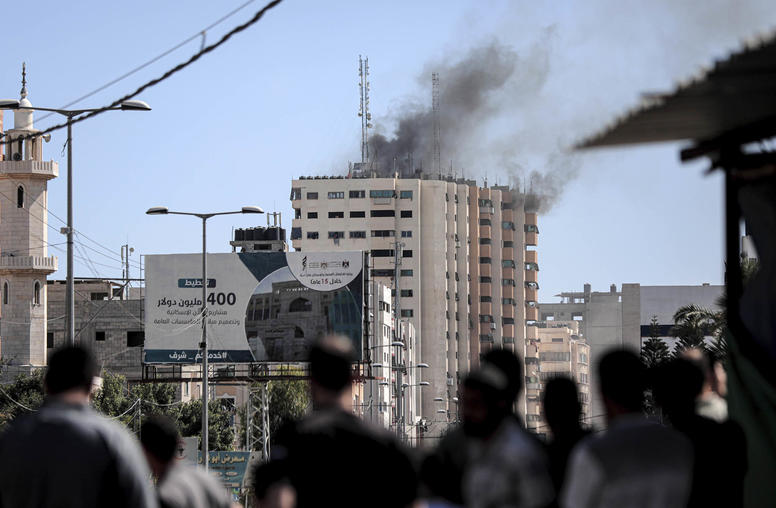
Is China Preparing to Make a Run at Israeli-Palestinian Peace?
Since April of last year, Xi Jinping and China’s foreign policy apparatus have been touting the Chinese leader’s vision of an alternative to the U.S.-led global security order, dubbed the Global Security Initiative (GSI). While Beijing has incrementally elaborated on Xi’s GSI, it remains an inchoate, fuzzy concept. What is clear is that Beijing wants to be seen as a global force for peace and stability that is capable of resolving international issues that appeared intractable under the U.S.-led security order. And it has repeatedly pointed to the detente it brokered between longtime foes Iran and Saudi Arabia as an example of its peacemaking prowess. As China deepens its involvement in the Middle East and campaigns for the GSI, is it gearing up to take on one of the region’s most vexing challenges, the Israeli-Palestinian conflict?
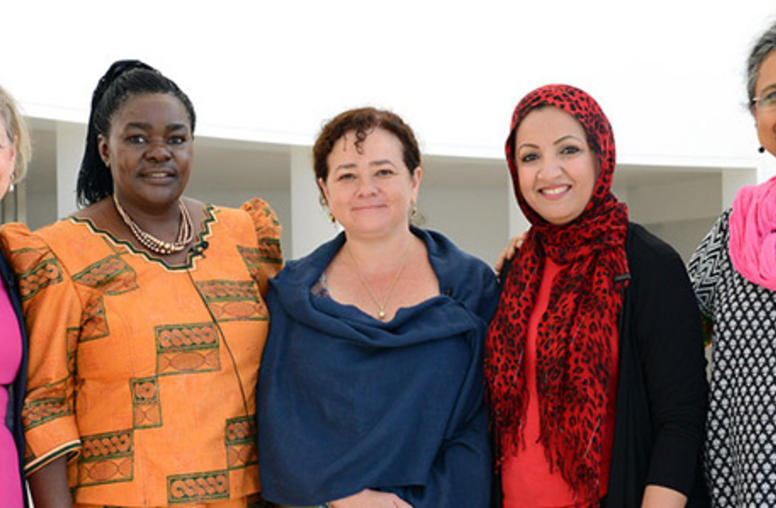
Acclaimed Iraqi Women’s Rights Lawyer Pleads, 'Please Don’t Forget Iraq'
A poignant plea from a prominent Iraqi lawyer who was lauded this week for her community leadership illustrated the determination it takes to achieve change in the most daunting circumstances. “Please, don’t forget Iraq,” Suaad Allami told an audience at the U.S. Institute of Peace, just hours before President Barack Obama announced plans to send 300 military advisers to support her country’s security forces amid the current crisis.
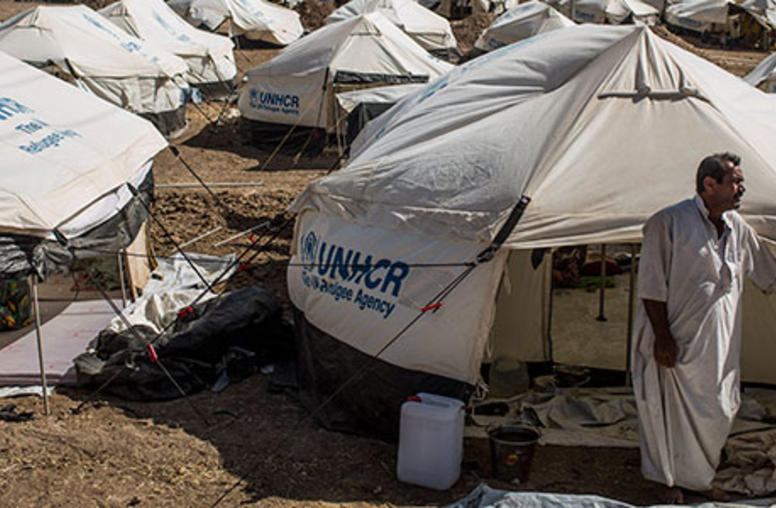
Q&A: Iraq’s Spreading Turmoil
With fighting in Iraq spreading since the shocking onslaught of a militant group once aligned with al-Qaida, the country's Parliament convened this week to start forming a new government based on the April elections, only to adjourn again within hours. Sarhang Hamasaeed, a senior program officer at the U.S. Institute of Peace, explains the latest developments, the forces tearing at the country's fabric and the effects on the broader region.
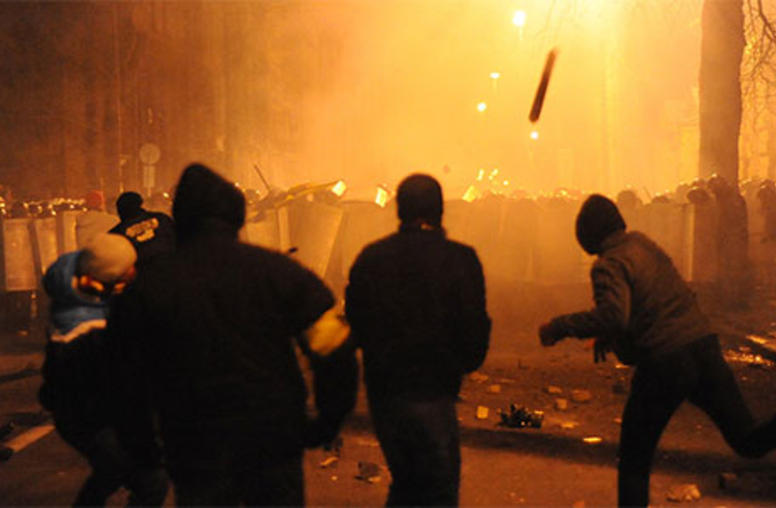
Corruption: Sleeper Threat to International Security
In non-violent uprisings and more full scale revolutions ranging from the Arab spring to the overthrow of the President in Ukraine, one common underlying propellant was rebellion against government corruption. The same fuel has fed continuing turmoil in post-revolutionary Libya and undercut Nigeria's fight against Boko Haram. Yet the role of acute corruption in fomenting protests and violence is underappreciated and makes Western efforts to combat it insufficient.
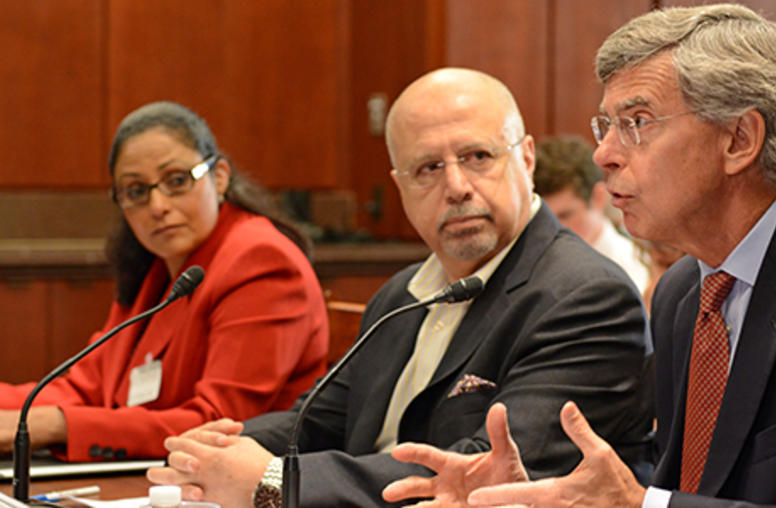
Egypt, Tunisia’s Opposite Paths Require Divergent Response, USIP’s Taylor Says
Egypt and Tunisia represent opposite ends of the spectrum in the evolution of their politics since the Arab Spring, U.S. Institute of Peace Vice President and former Ambassador Bill Taylor told a government panel this week. “Tunisia has demonstrated remarkable maturity and commitment to the ideal of political inclusiveness,” Taylor said. “Egypt has not.”

Assad's Hollow Mandate
On June 3, in a parody of democracy, Bashar al-Assad will be reelected as president of Syria for his third seven-year term. If he serves out this term, Assad will be eligible to run for a fourth term in 2021 that would extend his presidency to 28 years -- two years short of his father's tenure. Syrians may yet be spared almost six decades of direct Assad family rule, but the outcome of Tuesday's vote is a foregone conclusion.
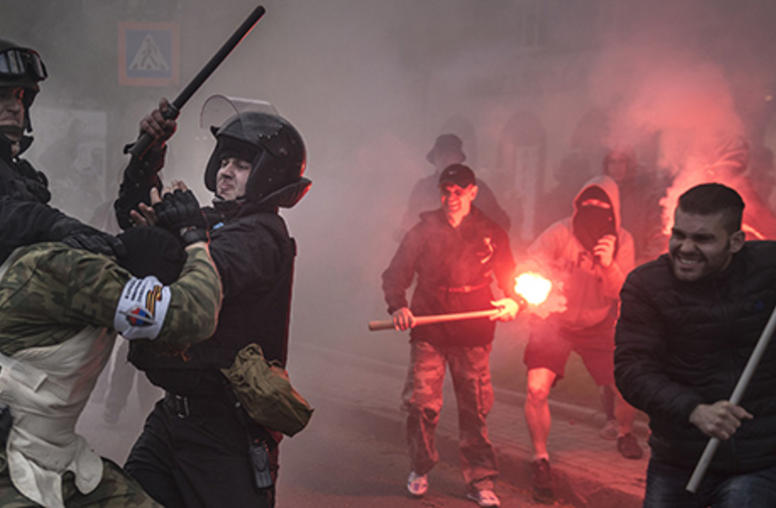
The Strategy Killer
The White House and State Department are hard at work on two major new documents that will lay the foundation for America's national security policy for the remainder of the Obama administration and possibly beyond: the National Security Strategy, rumored for release this summer, and the Quadrennial Diplomacy and Development Review (QDDR), slated for release later this year. The usual bureaucratic tussles will ensue about what should and should not be included in these documents, and the admi...